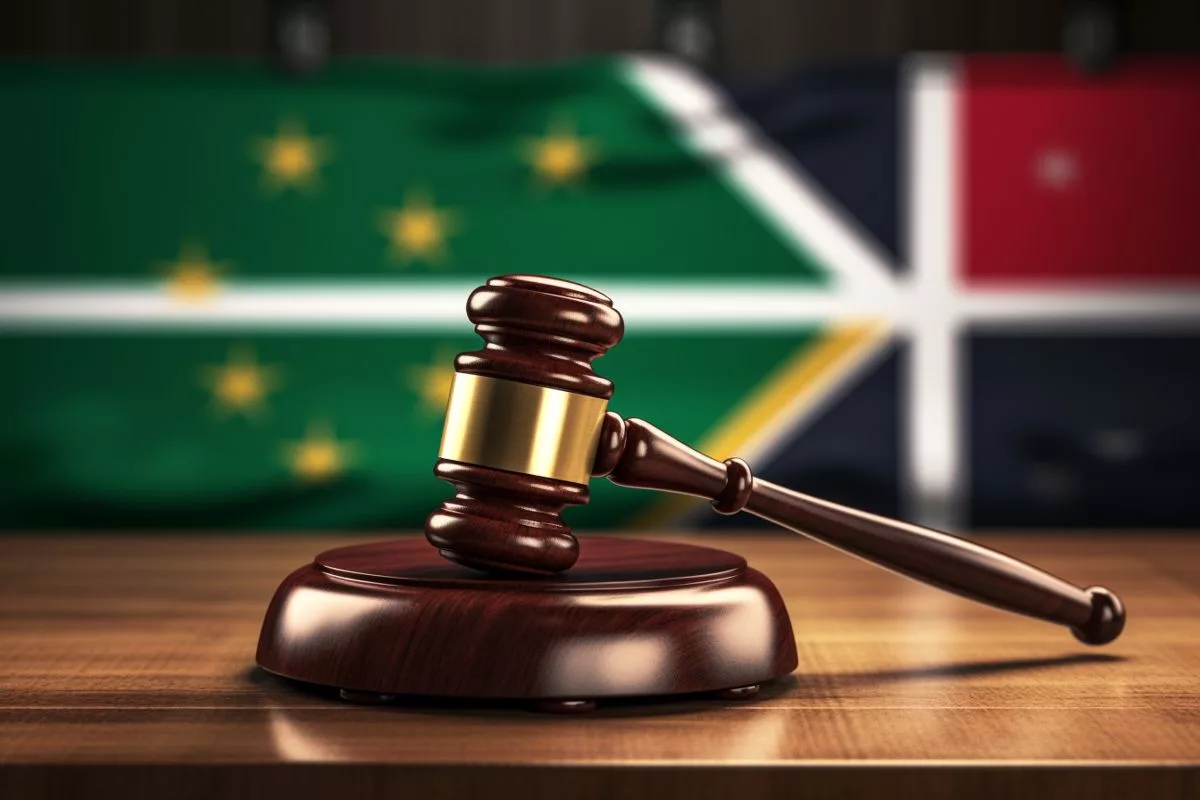Courtney Lawes, a former England international rugby player, believes that introducing a touch of roughness to rugby matches could enhance the fan experience and rekindle enthusiasm. While not advocating for unrestrained fights, Lawes draws parallels with ice hockey, a sport that permits minor altercations. The current strict regulations may be limiting the potential for an exciting sports product, and Lawes’ reflections provoke questions about balancing the sport’s integrity with an engaging experience for fans.
Can introducing roughness to rugby rekindle fan enthusiasm?
Former England international Courtney Lawes suggests that allowing minor altercations during matches could enhance the fan experience. While not advocating for unrestrained fights, Lawes draws parallels with ice hockey, a sport that continues to permit minor altercations. The current strict regulations may be curtailing the potential for an exciting sports product. Lawes’ reflections provoke questions about striking the right balance between maintaining the sport’s integrity and providing an engaging experience for fans.
A Return to Rough Play
The world of sports has witnessed an era of regulation and strictness, and in this environment, Courtney Lawes, a former England international, presents an interesting viewpoint. Lawes, renowned for his dynamic displays on the rugby field, contends that introducing a touch of roughness in rugby, which has been suppressed due to tightened regulations, could rekindle the enthusiasm of fans.
Rugby, a sport celebrated for its physical intensity, has undergone a significant transformation from its early, unrefined days. Take the 1991 Rugby World Cup quarter-final between Ireland and Australia, for example. This match is remembered for its heated inception. The rugby ball’s entrance into play was swiftly accompanied by fisticuffs. With participants such as Australia’s Willie Ofahengaue and Ireland’s captain, Philip Matthews, the match was more than a demonstration of rugby prowess. It was a display of grit and untamed strength.
The Evolution of Rugby’s Culture
The cultural environment of rugby during that period was distinctly unique. The sport was still in its amateur phase, and there was a more accepting attitude towards on-field altercations. However, the transformation of rugby into a professional sport has led to a significant shift in this mentality. The introduction of tools like the Television Match Official (TMO) and stricter rules have led players to think twice before throwing a punch.
South African rugby is replete with legends who double as their team’s enforcers. Some of these players have inspired songs about their field exploits. Yet, the introduction of the card system, which only ejects players for severe foul play, has altered rugby’s dynamics. The sport, once criticized as being nothing more than a blood sport, has made substantial strides in improving its image.
Borrowing from Ice Hockey and Enhancing Fan Experience
Despite these changes, Lawes is of the opinion that rugby could draw lessons from ice hockey, a sport that continues to permit minor altercations. While Lawes is not advocating for unrestrained fights, he feels fans would enjoy the occasional minor skirmish during a match. This viewpoint emerged during his interview on The Good, The Bad, and The Rugby podcast. He recalled a match against Munster where he was in the audience. A significant on-field brawl had spectators standing, their excitement clearly evident.
The current rugby landscape is characterized by stringent rules and regulations, which, in Lawes’ view, limits the sport. Drawing parallels with ice hockey, he asserts that fights, which fans find entertaining, aren’t entirely eliminated from the game. He isn’t endorsing overt aggression, but believes that stifling this facet of the game negatively impacts the fan experience.
Balancing Regulation and Entertainment
Rugby is a lively sport with a fervent fan base. The fact that fans can safely mingle and enjoy a drink in the stadium indicates the potential for an excellent sports product. However, the current restrictive atmosphere may be curtailing this potential. Lawes’ reflections provoke crucial questions about the equilibrium between regulation and entertainment, and whether revising the rules could rekindle some of the raw excitement of rugby’s past.
In conclusion, striking the right balance between maintaining the sport’s integrity and providing an exciting, engaging experience for fans is a challenging task. Courtney Lawes’ views add an interesting dimension to this ongoing debate, and it will be intriguing to see how the world of rugby evolves in response.
- What is Courtney Lawes’ perspective on introducing roughness to rugby matches?
- Courtney Lawes believes that introducing a touch of roughness to rugby matches could enhance the fan experience and rekindle enthusiasm.
- Is Lawes advocating for unrestrained fights in rugby?
- No, Lawes is not advocating for unrestrained fights in rugby.
- How has rugby’s culture evolved from its early days?
- Rugby has transformed from its early, unrefined days where there was a more accepting attitude towards on-field altercations to a professional sport where the introduction of tools like the Television Match Official (TMO) and stricter rules have led players to think twice before throwing a punch.
- What sport does Lawes draw parallels with when it comes to permitting minor altercations?
- Lawes draws parallels with ice hockey, a sport that continues to permit minor altercations.
- Does Lawes believe that fights should be entirely eliminated from rugby?
- No, Lawes believes that fights, which fans find entertaining, aren’t entirely eliminated from the game.
- What does Lawes’ reflection provoke in terms of the rugby debate?
- Lawes’ reflections provoke crucial questions about the equilibrium between regulation and entertainment, and whether revising the rules could rekindle some of the raw excitement of rugby’s past.










